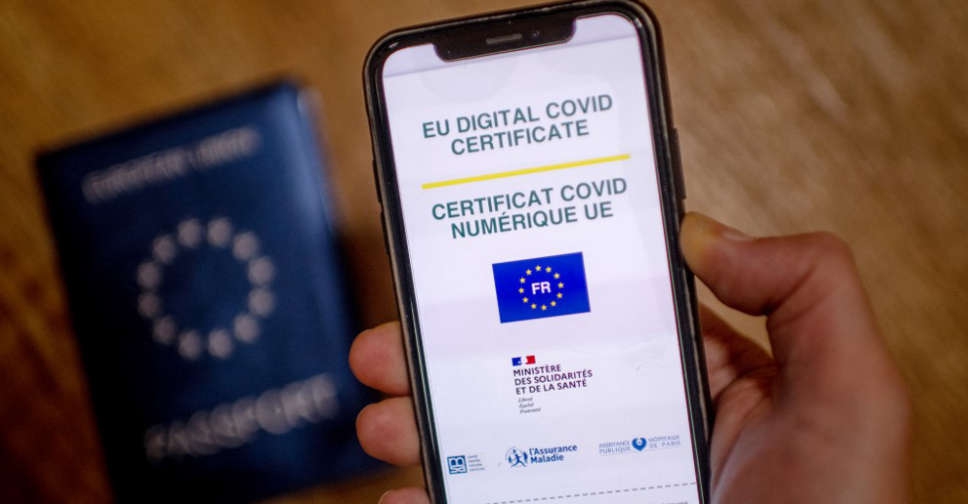
The European Union launched on Thursday its digital COVID certificate system designed to help citizens travel more freely across the 27-nation bloc and open up summer tourism.
The certificate, which can be on a smartphone or printed out, takes the form of a QR-code, which indicates if a traveller has been fully vaccinated against COVID-19, has received a recent negative test result or has immunity due to recent recovery from a COVID-19 infection.
It is designed to be free of charge, issued and valid in all EU countries and set out in the national language and in English.
The system also extends to non-EU countries of the border-free Schengen zone - Iceland, Liechtenstein, Norway and Switzerland.
The system enters into application on Thursday, with a six-week phase-in period for EU member states that are not yet ready.
For this period, other certificate-style formats can still be used and should be accepted.
HOW IT WORKS?
The certificate system cleared the approval process in mid-June, but EU countries still had to decide how they should be used.
They agreed that people who have been fully vaccinated for 14 days should be able to travel freely from one EU country to another.
About 40 per cent of EU adults are fully vaccinated.
Restrictions for other travellers should be based on the degree to which the country they are coming from has COVID-19 infections under control, based on a colour coding set by the European Centre for Disease Prevention and Control.
For travel from a green zone, there should be no restrictions, from orange - potential for a test; for red - a possible quarantine; and non-essential travel discouraged for "dark red".
Children aged 12 or more could be tested, but would only quarantine if an adult accompanying also had to.
Border policy as a whole, though, is a matter for individual EU countries, so they can still set their own rules.
Several EU countries have run trials before July 1. However, it is not clear whether police or those controlling borders have the equipment and manpower to check travellers.
Airlines have warned of chaos and hours-long queues unless countries coordinate the roll-out better.
EMERGENCY BRAKE
EU member states will also be able to hit an "emergency brake" to bar travellers from a region showing a spike in more infectious variants of the disease.
The European Commission said it had learned from Berlin that Germany was invoking a form of such a brake in its declaration that Portugal is a "virus-variant zone".
It means a mandatory two-week quarantine even if travellers are fully vaccinated or test negative.
The Commission has warned Berlin that the restrictions "do not seem fully aligned" with the EU-wide recommendations.



 Russia launches air attack on Kyiv, Odesa, Ukraine says
Russia launches air attack on Kyiv, Odesa, Ukraine says
 Heavy strikes shake Beirut as Israel expands Lebanon campaign
Heavy strikes shake Beirut as Israel expands Lebanon campaign
 Pakistan police injured during protest, cell services disrupted
Pakistan police injured during protest, cell services disrupted
 Ukraine to present 'victory plan' at Ramstein meeting
Ukraine to present 'victory plan' at Ramstein meeting





